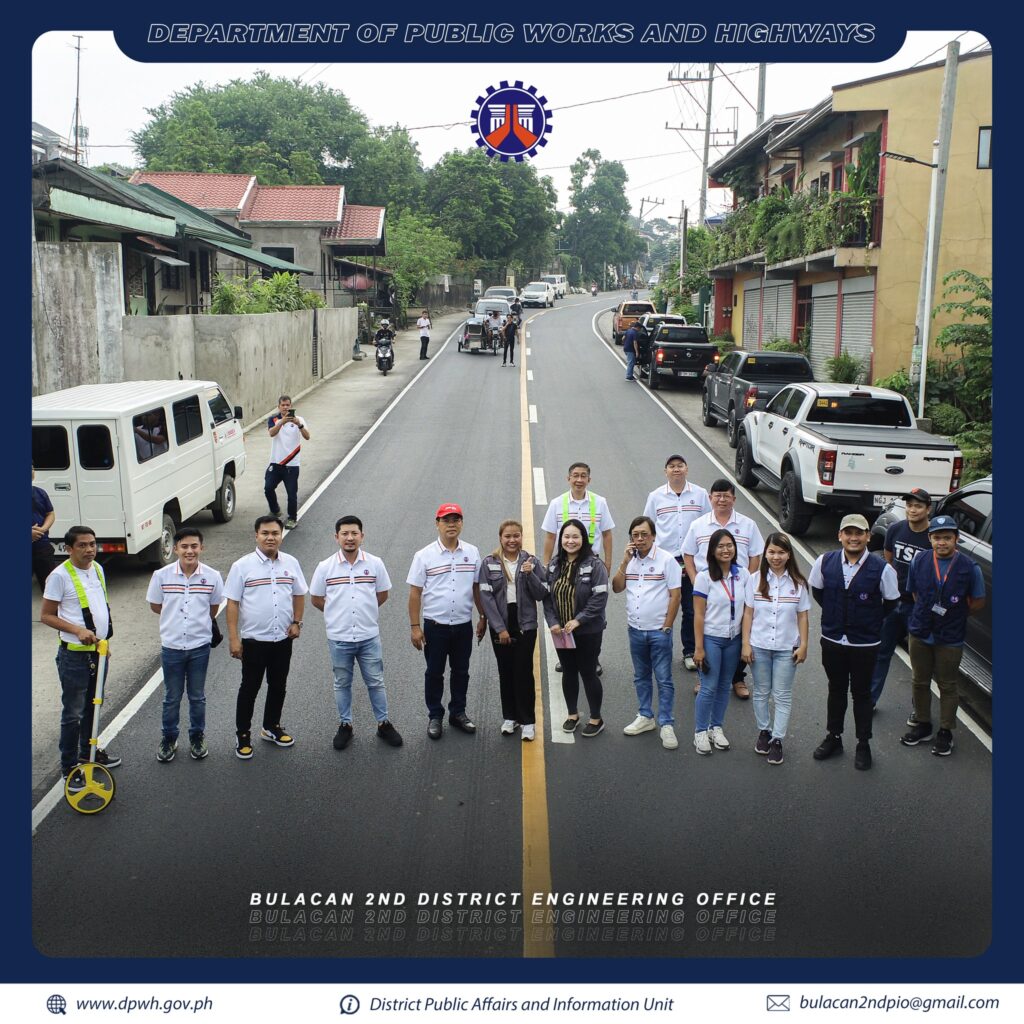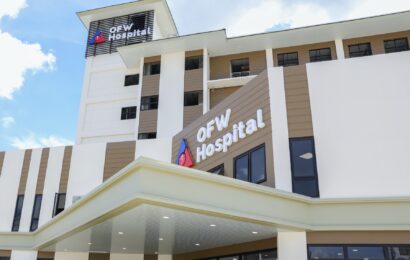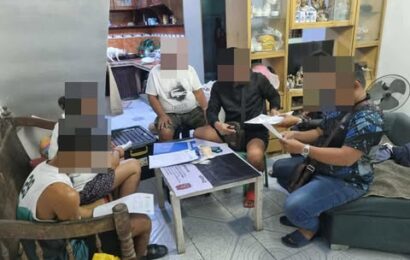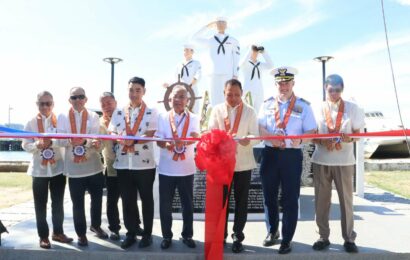
The Department of Public Works and Highways (DPWH) – Bureau of Research and Standards (BRS), in collaboration with the Bulacan 2nd District Engineering Office (DEO) and Phoenix Asphalt Philippines, Inc. (PAPI), recently completed a pilot project involving high-performance naphthenic asphalt overlay along Sta. Maria-Norzagaray Road in the town of Sta. Maria.
The pilot project covered 115 linear meters of asphalt laying using conventional AC 60/70 penetration grade asphalt and PAPI AC 40/50 penetration grade Naphthenic Bitumen.
The 40/50 PAPI asphalt offers a lower penetration grade, which claims to provide a more durable pavement with higher rutting and fatigue resistance compared to the existing 60/70 asphalt.
Additionally, the PAPI asphalt is expected to prolong the life cycle of the pavement, thus reducing the cost of maintenance, repair, and reconstruction.
“The use of these kinds of materials in road sections, particularly in Bulacan, is urgently needed.
The industrialization of the province is expected to create more travel demand and logistics movement, which will surely increase traffic loading, resulting in more frequent pavement deterioration.
Through this advanced pavement material, we expect lower maintenance costs and more stable and weather-resistant road sections,” DE George Santos remarked.
Meanwhile, BRS OIC-Director Reynaldo Faustino stated that the department will continue to innovate in materials and construction methods to meet the increasing demand for advanced materials in the country’s infrastructure projects, in line with the administration’s Build Better More (BBM) program.
The pilot project’s final inspection, conducted on September 21, 2023, was led by Santos and the Bulacan 2nd DEO Inspectorate Team, together with BRS site inspectors headed by Engr. Nielsen Campit, OIC-Division Chief of BRS Technical Services Division, and Phoenix Asphalt Technical Engineers Engr. Albert Nunez, Engr. Glenn Ivy Leslie Go, and Engr. Crezela Ann Marie Larido.
DPWH BRS and Bulacan 2nd DEO have committed to ongoing monitoring of PAPI Asphalt’s performance and its adherence to the department’s standards and specifications, with potential integration into various DPWH road projects if the 40/50 asphalt meets the requirements.
SOURCE: (DPWH BULACAN 2ND DPAIU)





